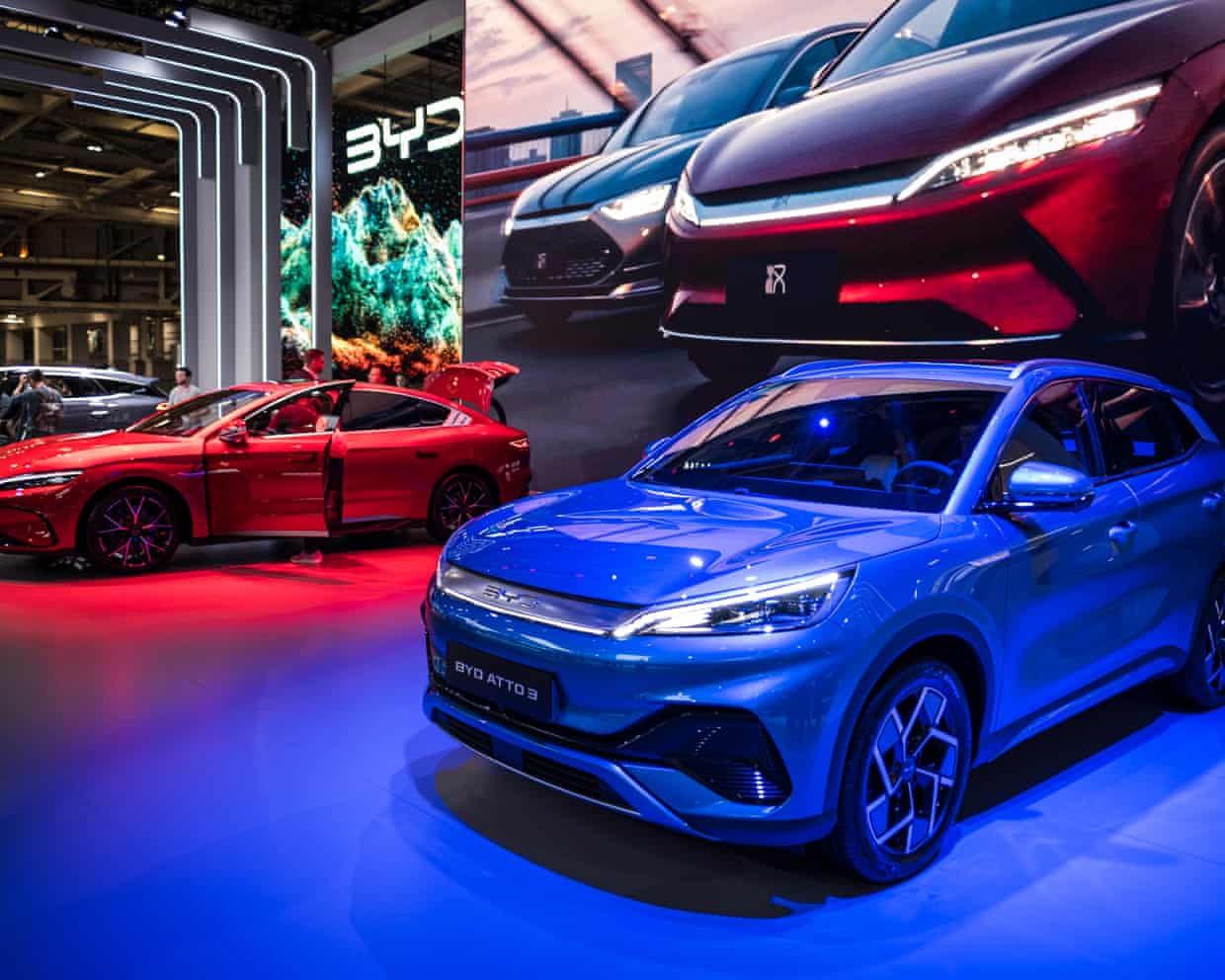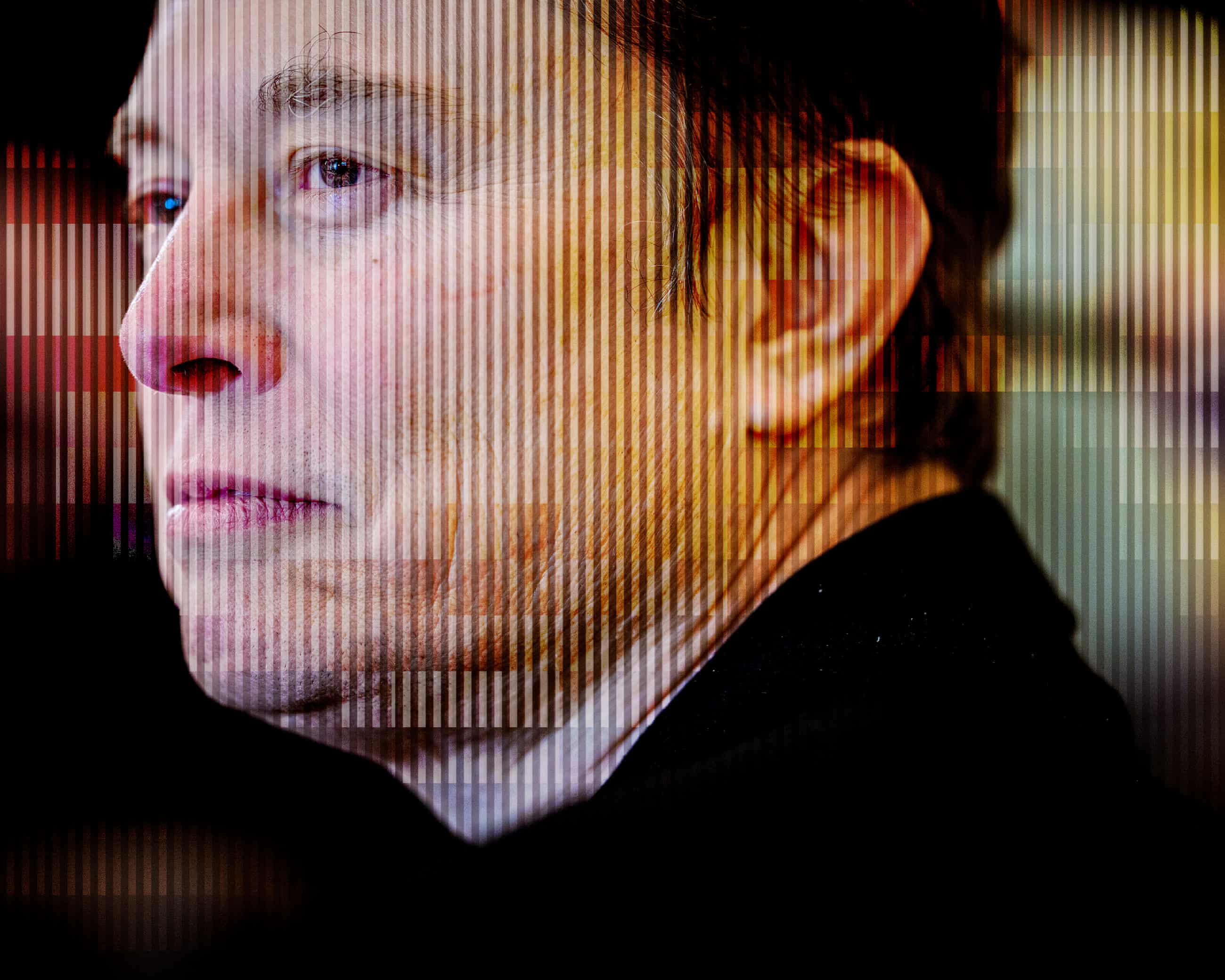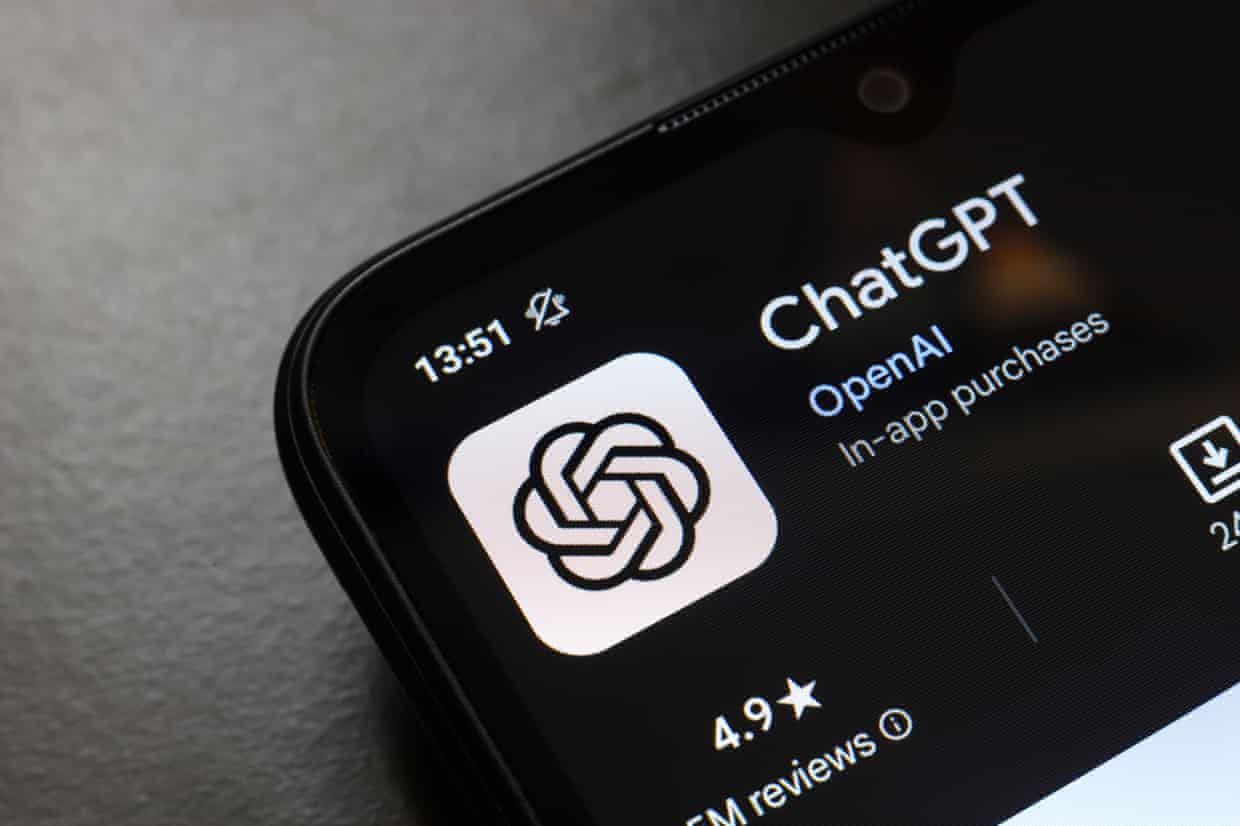England play Generation Game against All Blacks with overhaul of traditional order of selection | Robert Kitson

Selecting your best XV to start a big rugby match feels increasingly quaint these days, as redolent of a different era as the Generation Game or Starsky & Hutch.To the point where you half expect to find the home teamsheet to face New Zealand this weekend has D‑N‑A‑L‑G‑N‑E printed at the top of it.Even with the All Blacks in town, the traditional order of selection no longer applies.Instead it is all about the endgame.On this occasion Steve Borthwick has picked six British & Irish Lions on his bench compared with only four in his starting lineup.
At some point around the 50th minute on Saturday there will be a mass discarding of XXL tracksuits and a fresh set of white orcs will rumble on.As South Africa’s “Bomb Squad” have long since shown, it can be mighty hard to combat.There is just one small snag.When you are playing against the world’s second-best team it is important to start fast as well.Sitting around awaiting the cavalry charge of Tom Curry, Ellis Genge, Henry Pollock and co will look like less of a genius idea if the All Blacks, as they were against Scotland at Murrayfield, are 17-0 ahead at half-time.
But that’s the modern way for you.And few are more expert on the subject than Borthwick, who sat out several matches as an unused England replacement in his playing days.Among them, he recalled this week, was the famous Test against New Zealand in Wellington in 2003, the night when England’s pack was reduced to six by yellow cards for Lawrence Dallaglio and Neil Back.Even then Borthwick, Dorian West, Andy Gomarsall and Paul Grayson still spent the entire 80 minutes on the sidelines.On the flipside, in Rome the previous year, Clive Woodward brought on four England captains – Martin Johnson, Dallaglio, Jason Leonard and Matt Dawson – against Italy after 56 minutes, described memorably in the Guardian as “the most illustrious bench since Mr Chippendale was in his woodwork shop”.
This one almost rivals it for “big dog” vibes, with England clearly hoping to reel in New Zealand in the last 20 minutes.“Each game we’ve played against New Zealand has gone late in the game,” Borthwick said.“So we need the right players on to finish the game … having that level of experience on the bench is also an important asset for us.”There will be those shelling out £234 for a single premium seat at Allianz Stadium this weekend wondering if a discounted rate might be available if games now effectively hinge on 20-odd minutes rather than the full 80.Joking aside, though, there is another quietly persuasive explanation: that Borthwick’s faith in Fin Baxter, Joe Heyes and Guy Pepper is becoming so firmly rooted that England’s “best” starting lineup is not quite what many casual fans imagine.
Whether that qualifies Borthwick as “a bold selector” is not something he is minded to discuss – “I don’t go for labels … I try and pick the best team we possibly can to get the results” – but England’s current sequence of nine Test wins in a row has served to firm up his belief that, now more than ever, Test rugby is a 23-man game.“I think every player understands this is a team effort.The 36 players here helping the team prepare all play a part.That kind of selfless attitude hasn’t necessarily always been the case in an England team.That was not my experience when I was a player.
”Some delicate judgments are having to be made, even so, in the absence of the injured Tommy Freeman and Ollie Chessum.Borthwick also says he feels “spoilt for choice” at fly-half and, on this occasion, it is Northampton’s Fin Smith who misses out entirely.Given the damp weather forecast, the choice of George Ford at No 10 is hardly a huge surprise and the security of New Zealand’s back three under the high ball is sure to be regularly examined.Sign up to The BreakdownThe latest rugby union news and analysis, plus all the week's action reviewedafter newsletter promotionThen there is the added importance of experience and, in Marcus Smith’s case, the need to have a bench reserve capable of slotting into the back three with Elliot Daly still not quite big-game ready.“I could have picked any of the three fly-halves and be sat here talking about how they’re the right player because I think they’re all terrific,” Borthwick said.
“George is a very calm leader but also has the ability to bring the team together and [put] the team on to the front foot,That’s what I’ll be looking for him to do on Saturday,”Will it all be enough? England lost three times against the All Blacks last year by a total margin of just 10 points and, in terms of nailing chances, Scott Robertson’s side remain as sharp as any,In that event there must be every chance of a close contest which potentially boils down to the last 20 minutes,Which is clearly what D-N-A-L-G-N-E are anticipating.

The race begins to make the world’s best self-driving cars
Hello, and welcome to TechScape. I’m your host, Blake Montgomery, writing to you from Barcelona, where my diet has transformed at least half my body into ham.We are on the verge of the global arrival of self-driving cars. Next year, major firms from both the US and China will deploy their robotaxis to metropolises around the world, in major expansions of their existing operations. These companies are posturing in the press like male birds fighting for the same mate; the dance sets the stage for the global competition to come

Datacenters meet resistance over environmental concerns as AI boom spreads in Latin America
This Q&A originally appeared as part of The Guardian’s TechScape newsletter. Sign up for this weekly newsletter here.The datacenters that power the artificial intelligence boom are beyond enormous. Their financials, their physical scale, and the amount of information contained within are so massive that the idea of stopping their construction can seem like opposing an avalanche in progress.Despite the scale and momentum of the explosion of datacenters, resistance is mounting in the United States, in the United Kingdom, and in Latin America, where datacenters have been built in some of the world’s driest areas

Can OpenAI keep pace with industry’s soaring costs?
It is the $1.4tn (£1.1tn) question. How can a loss-making startup such as OpenAI afford such a staggering spending commitment?Answer that positively and it will go a long way to easing investor concerns over bubble warnings in the artificial intelligence boom, from lofty tech company valuations to a mooted $3tn global spend on datacentres.The company behind ChatGPT needs a vast amount of computing power – or compute, in tech jargon – to train its models, produce their responses and build even more powerful systems in the future

Tech giants vow to defend users in US as spyware companies make inroads with Trump administration
Apple and WhatsApp have vowed to keep warning users if their mobile phones are targeted by governments using hacking software against them, including in the US, as two spyware makers seek to make inroads with the Trump administration.The two technology giants made their statements in response to queries from the Guardian as the two cyberweapons makers – both founded in Israel and now owned by American investors – are aggressively pursuing access to the US market.Paragon Solutions, which makes a spyware called Graphite, already cemented a deal with the Trump administration in September to give US immigration agents access to one of the world’s most sophisticated hacking tools, after the Department of Homeland lifted a freeze on a $2m contract with ICE (Immigration and Customs Enforcement).Paragon did not respond to requests for comment.Another company, NSO Group, which was accused by the Biden administration in 2021 of engaging in business that was “contrary to the national security or foreign policy interests of the US”, announced this weekend that David Friedman, the US ambassador to Israel during Donald Trump’s first term, had agreed to become executive chairman of the holding company that owns NSO

Elon Musk makes himself far-right fixture after White House departure
The Tesla CEO once hinted he was done with politics – but he’s been leaning further into the international far rightWhen the far-right activist Tommy Robinson emerged from a London courtroom this week after a judge cleared him of a terrorism charge, he gave thanks to the man he said had bankrolled his defense.“Elon Musk, I’m forever grateful. If you didn’t step in and fund my legal fight I’d probably be in jail,” Robinson said. “Thank you, Elon.”In the period immediately after Musk’s messy departure from the White House, the Tesla CEO repeatedly suggested that he was done with politics

ChatGPT accused of acting as ‘suicide coach’ in series of US lawsuits
ChatGPT has been accused of acting as a “suicide coach” in a series of lawsuits filed this week in California alleging that interactions with the chatbot led to severe mental breakdowns and several deaths.The seven lawsuits include allegations of wrongful death, assisted suicide, involuntary manslaughter, negligence and product liability.Each of the seven plaintiffs initially used ChatGPT for “general help with schoolwork, research, writing, recipes, work, or spiritual guidance”, according to a joint statement from the Social Media Victims Law Center and Tech Justice Law Project, which filed the lawsuits in California on Thursday.Over time, however, the chatbot “evolved into a psychologically manipulative presence, positioning itself as a confidant and emotional support”, the groups said.“Rather than guiding people toward professional help when they needed it ChatGPT reinforced harmful delusions, and, in some cases, acted as a ‘suicide coach’

UK gets record demand at government debt auction; FTSE 100 index has 10,000-point mark in sight – business live

‘Part of the joy economy’: bumper year for UK toys as Wicked dolls and Pokémon appeal to ‘kidults’

Tech companies and UK child safety agencies to test AI tools’ ability to create abuse images

Matthew McConaughey and Michael Caine sign voice deal with AI company

Haskell warns club rugby is heading off a cliff ‘like Thelma and Louise’ as £34m losses revealed

The Spin | Why the first ball of the Ashes is both an end and a beginning